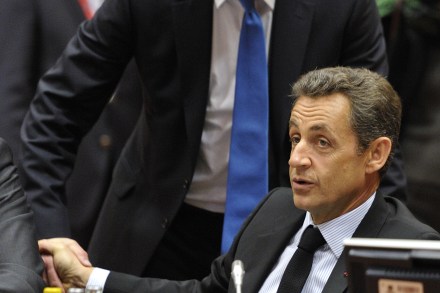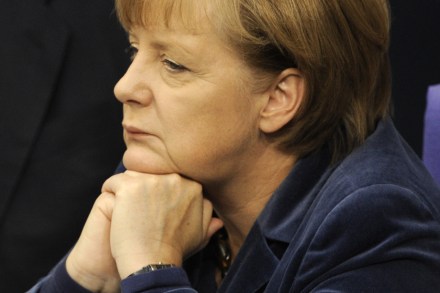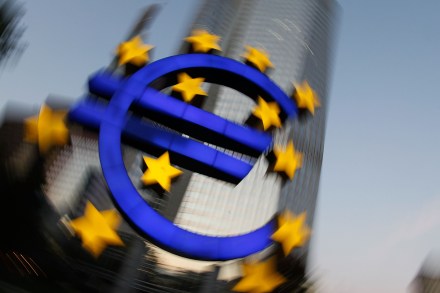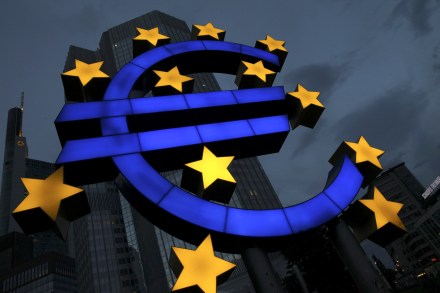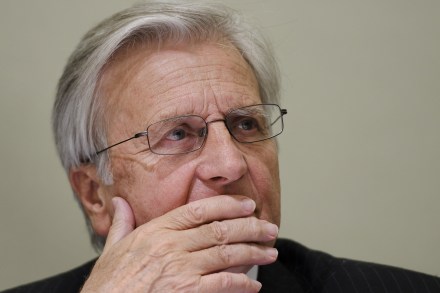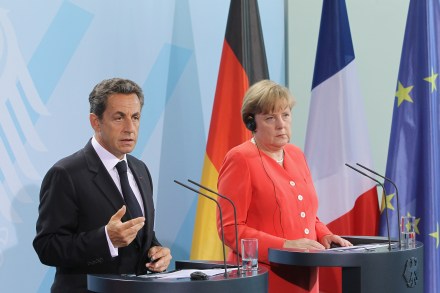The spectre of populism
Across Europe, the bien pensant are worried. They fear that the Eurocrisis could lead to the rise of populism — whatever that means — and even extremism. The spectre of the 1930s stalks a lot of discussions, as the FT’s Gideon Rachman found out at a lunch with a hedge fund manager who thought the break-up of the Euro would lead to “the next Great Depression and a resurgence of Nazism”. But is there real cause for fear or is this a matter of people projecting a particular history onto the future? Economic dislocation has in the past led to populism but not uniformly, or at least not in numbers


